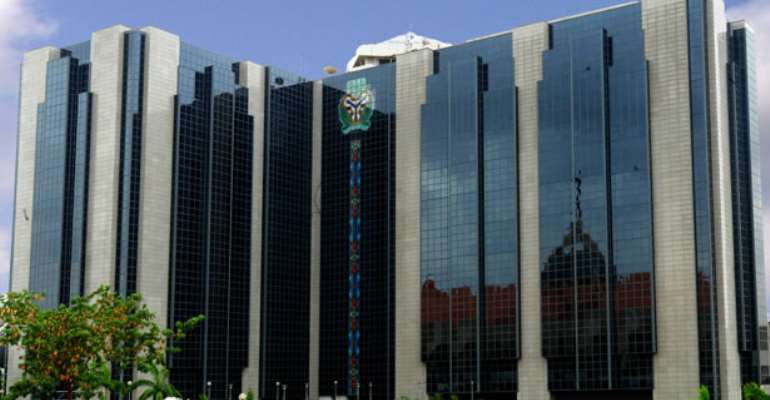Banks Say CBN Regulations Stalling Lending

Nigerian banks' ability to create risk assets is being squeezed by the central bank (CBN) regulations on capital requirements even as analysts agree that securitisation of bank loans to free up capital is essential for the financial services sector to grow.
A balance must be struck between fiscal and monetary policies against the current obsession with fighting inflation, said Stephen Onasanya, group managing director and chief executive officer, First Bank of Nigeria.
'The introduction of Basel II means that every N1 of loan you create, you have to provide capital to cover it. There are now only 45-55 percent of deposits available for lending,' Onasanya said at the Euro-Money conference on capital markets held yesterday in Lagos.
'We want policies that will create employment and we must not fixate on exchange rates. Whatever you sterilise you make unavailable for lending,' he said.
The CBN has imposed Cash Reserve Requirements (CRR) of 75 percent on public deposits in banks and 15 percent for private deposits, a move which, Onasanya said, has effectively kept N460 billion of First Banks funds at the CBN, earning zero interest rates, instead of being available for lending.
Total bank credit extended to the private sector was equivalent to N17.39 trillion or only 21.6 percent of GDP as at August 2014, according to data from the CBN website.
In order to boost growth and lending, there must be a balance between fiscal and monetary policies, said Charles Mordi, director of research, CBN, who was the keynote speaker at the event.
'Banking sector reforms are not sufficient as complimentary reforms in other sectors are necessary,' Mordi said.
Nigerian lenders have recovered from the home-grown financial crisis of 2009 and are generally better positioned today compared to four years ago, after the establishment of the Assets Management Company of Nigeria (AMCON) to buy bad loans. Non-performing loans (NPLs) have fallen from a high of 35 percent to about 4 percent today.
However, banks are still perceived as averse to lending and more willing to invest in government's fixed income securities at yields in upwards of 12 percent.
'The capital market needs to be built up to take some of the banks' risk assets off their balance sheet and securitise to boost lending,' said Bola Onadele, CEO, FMDQ OTC.
Onadele added that in the power sector, where over $3 billion of assets were purchased in the recent privatisation exercise, some of what was put on the banks balance sheet was not good.
However, for securitisation to work, banks and other financial services players, such as pension fund administrators and insurance companies, must be ready, said Ayoleke Adu, group managing director, Morgan Capital Group.
The CBN has justified its tight money policy on the need to maintain monetary stability and protect the naira. Consumer prices in Nigeria have dropped from a high of 13 percent in 2009 to 8.5 percent in August 2014, while the naira has outperformed other African peers such as South African rand and Ghanaian cedi in the same period.
BUSINESSDAY
